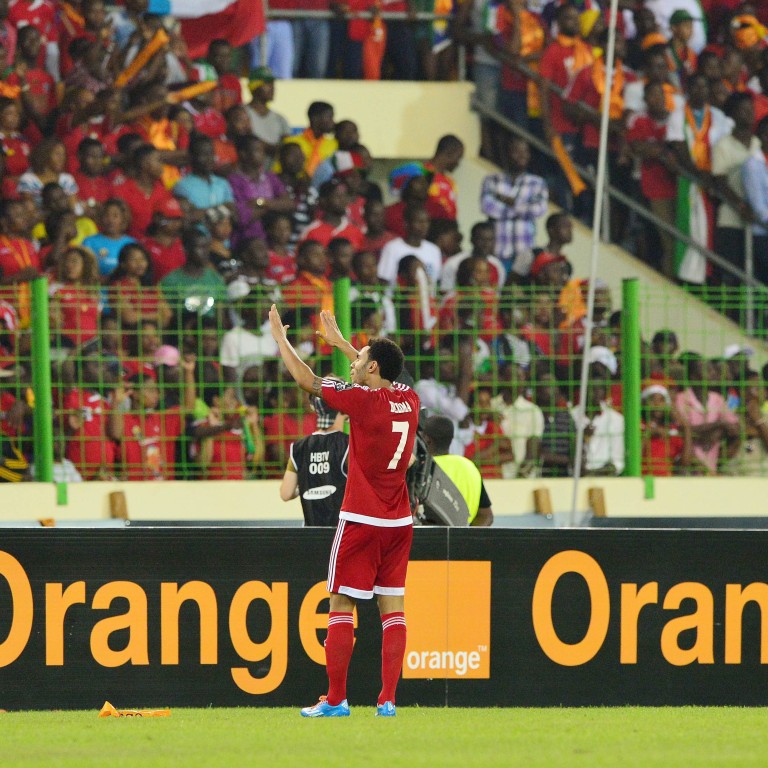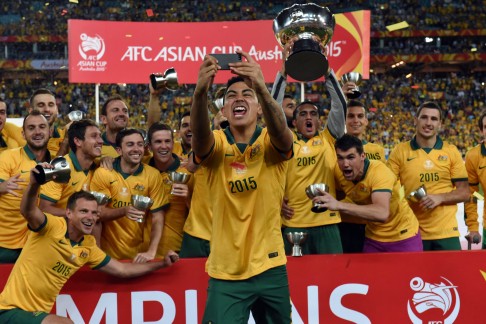
Mixed fortunes for hosts of regional showpieces
Australia dazzled as hosts but Equatorial Guinea struggled with security load in 30th African Cup
This year's Asian Cup and the African Cup of Nations had strong narratives, and plenty of drama and contrasts.
Hosts Australia and Equatorial Guinea lit up their tournaments in unexpected ways. Who would have predicted that the Asian Cup would have been an overwhelming success Down Under?
Before the tournament, none of the 16 Asian teams were in the top 50 of the Fifa world rankings and the four Asian teams at the World Cup - Australia, Japan, South Korea and Iran - were woeful.
Who would have predicted that the Asian Cup would have been an overwhelming success Down Under?
But the dazzling matches, plethora of goals and huge crowds brought smiles and sunshine to Australia's summer festival of soccer.

Iran and Iraq was another exciting clash, which also went into extra time with a sending off for Iran's Mehrdad Pooladi for pretending Iraq's goalkeeper had headbutted him.
Referees were told to clamp down on players for simulation, time wasting and dissent, so Iran had nothing to complain about. But complain they did, saying Iraq had fielded an ineligible player. The AFC dismissed Iran's complaint.
And some "lesser lights" shone brightly.
Referees were told to clamp down on players for simulation, time wasting and dissent, so Iran had nothing to complain about
Australia's Massimo Luongo - who plays for Swindon Town in England's third tier - was named the Most Valuable Player and China's Wang Dalei - who plays for Shandong Luneng in the Chinese Super League - enhanced his growing reputation as a reliable shot stopper.
Similarly, Equatorial Guinea holding player Ivan Zarandona - who plays for BC Rangers in the Hong Kong Premier League - was one of the standout players in the Africa Cup of Nations as the last-minute hosts, took full advantage of their home support to progress to the semi-finals.

Sadly, because of this behaviour, the African Cup of Nations arguably left behind more negative memories than positive ones.
It is difficult to contemplate the FA ever suspending and demoting an EPL referee based primarily on poor performance during one match
In a bizarre twist, the CAF Referees Committee suspended a Mauritius official Rajindraparsad Seechurn for six months and demoted him from the elite Fifa panel of African referees. He had awarded a crucial last-minute penalty to Equatorial Guinea to take their quarter-final against Tunisia to extra time.
Something about this decision rankles. It is difficult to contemplate, for example, the FA ever suspending and demoting an EPL referee based primarily on poor performance during one match without evidence of a major crime or error. Therefore the CAF must have had irrefutable evidence to justify their harsh punishmentof Seechurn, which has led to speculation of possible match-fixing.

